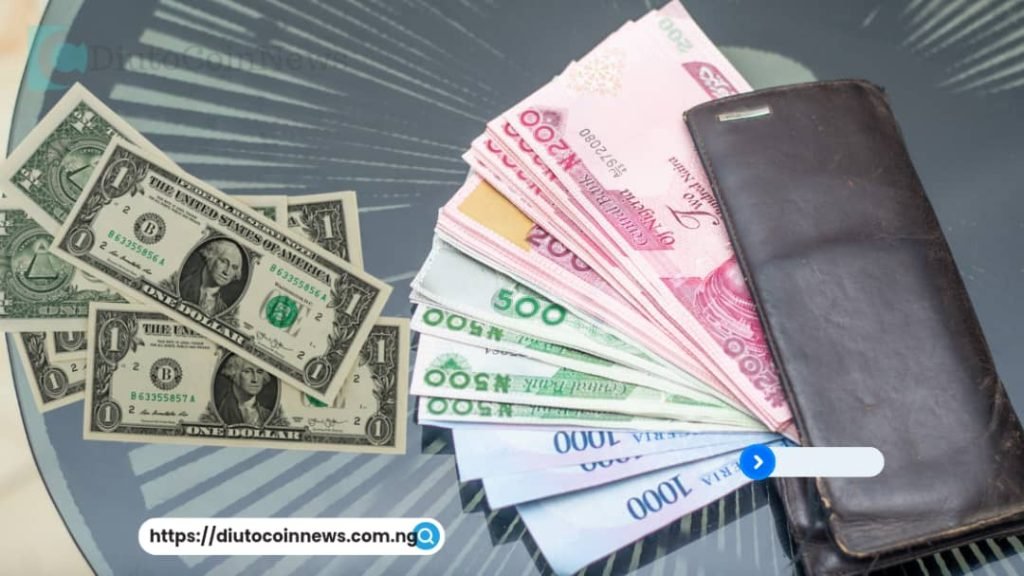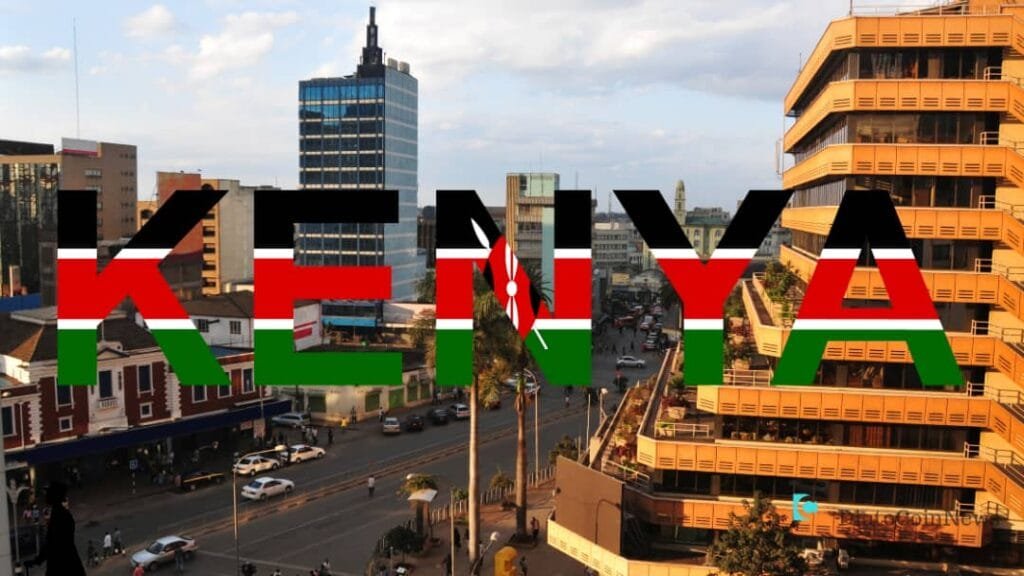In September 2024, the Naira showed some positive signs in the official market, but the same can not be said for the parallel market.
Here’s an overview of its performance:
NAFEM—Nigerian Autonomous Foreign Exchange Market Window
The Naira saw an improvement from N1,585/$ at the start of the month to N1,541/$ at the end of September, representing a 2.77% gain. This has happened to be the strongest performance since June 2024, when the Naira closed at N1,505/$. The official rate sat at N1,608/$ and N1,598/$ in July and August, respectively.
Read Also: Naira Rates: Nigeria Foreign Reserve Hits $36.87B Following the Sale of Domestic Dollar Bond
Parallel Market — Crypto Market
On the other hand, the Naira weakened in the parallel market, closing September at N1,700/$—the lowest rate since February 2024. The rate was N1,616/$ in August, and in July, it was N1,600/$.
Forex Turnover and CBN Intervention
Daily forex turnover rose in September, with September 26th marking the highest day recorded, at $334.05 million. This happens to beat the highest recorded previously on 11th July 2024, when turnover hit $348 million.
As a result of the rise in trade volume, the Central Bank of Nigeria (CBN) decided to sell $20,000 to Bureau De Change operators at a rate of N1,590/$, allowing a 1% profit margin. The aim of this strategic move was to increase liquidity in the market after a dip in forex turnover and a drop in the official Naira rate to N1,667/$ earlier in the month.
Monetary Policy Changes
For the fifth time, interest rates were raised by the CBN. While the Monetary Policy Rate (MPR) rose by 50 basis points, and the Cash Reserve Ratio (CRR) for commercial banks rose by 500 basis points to 50%, the CRR for merchant banks was raised by 200 basis points to 16%.
These measures are aimed at controlling the money supply, which has significant effects on inflation and exchange rates.
FAAC Allocations and Foreign Reserves
The CBN is closely monitoring FAAC disbursements to assess their impact on the exchange rate, having highlighted a connection between the disbursements from the Federation Account Allocation Committee (FAAC) and pressure on FX demand.
Meanwhile, a 5% increase was observed in Nigeria’s foreign reserves in September, rising from $36.24 billion to $38.058 billion by the end of the month.
Overall, while the Nigerian Naira is appreciating, especially in the official market, it is depreciating in the parallel market. Nevertheless, the CBN has all hands on deck to ensure that the value of the Naira is strengthened alongside the economy of the nation.
Discover more from DiutoCoinNews
Subscribe to get the latest posts sent to your email.











